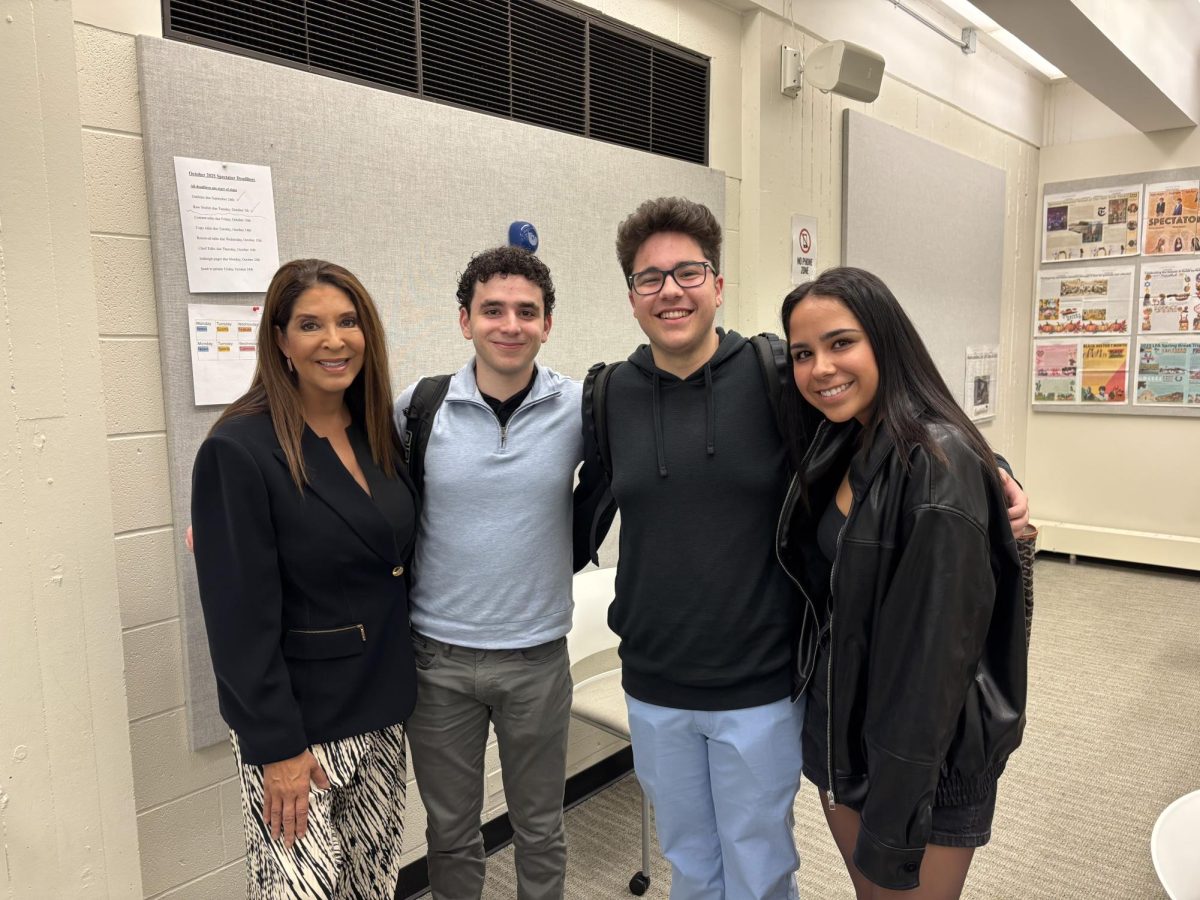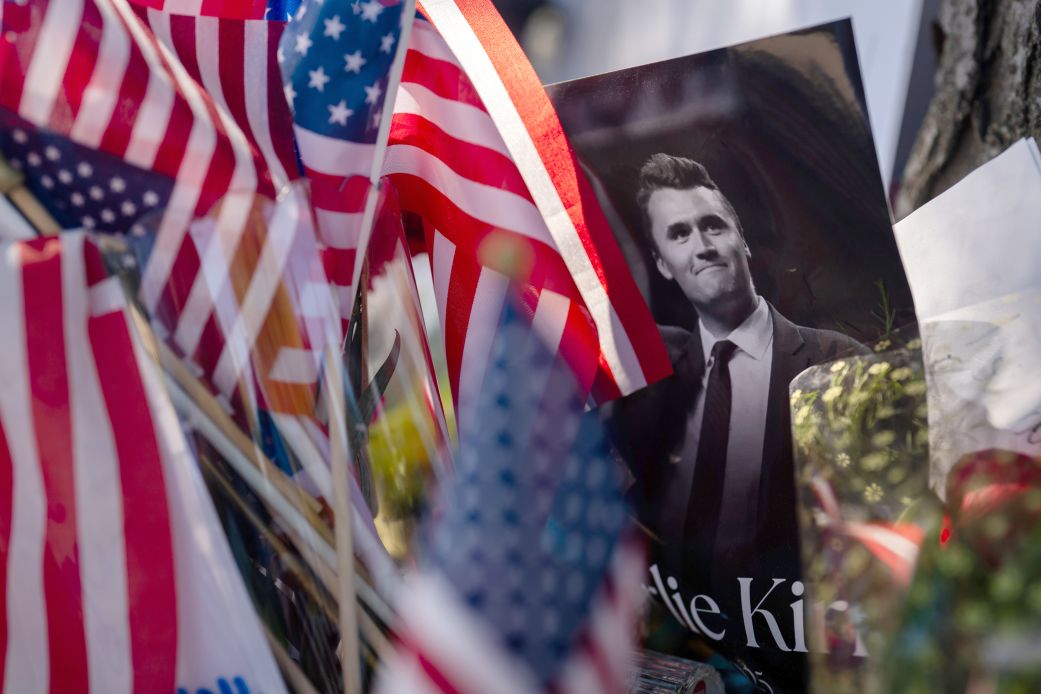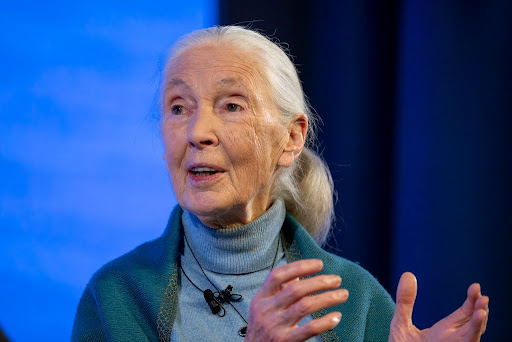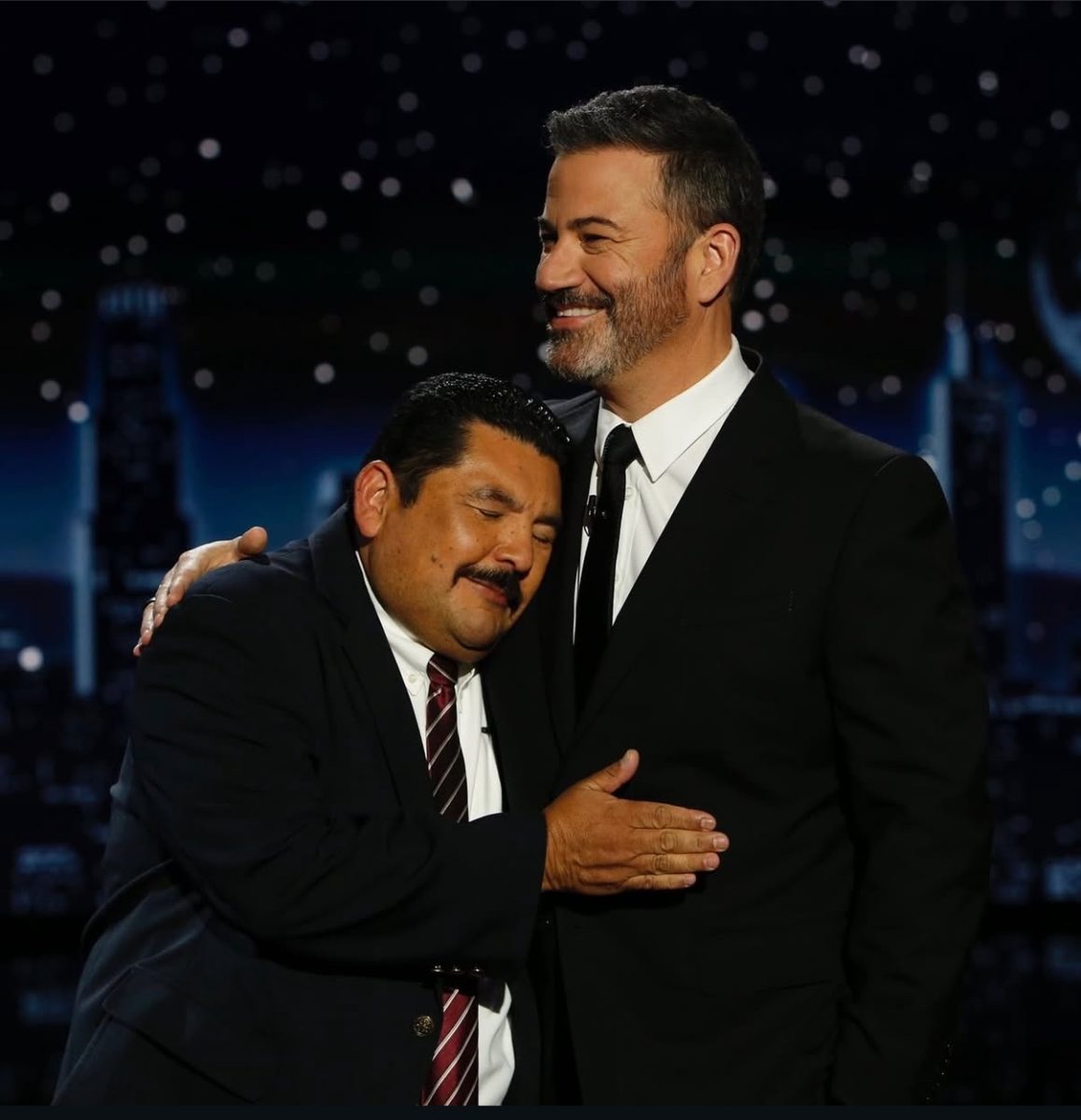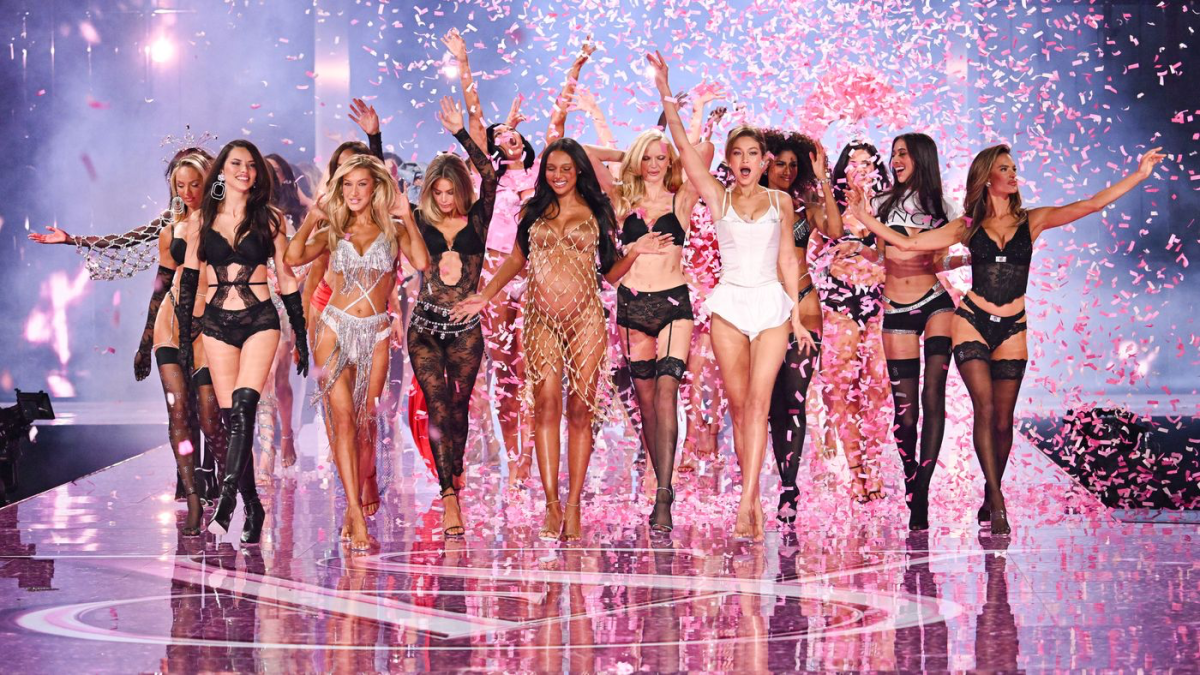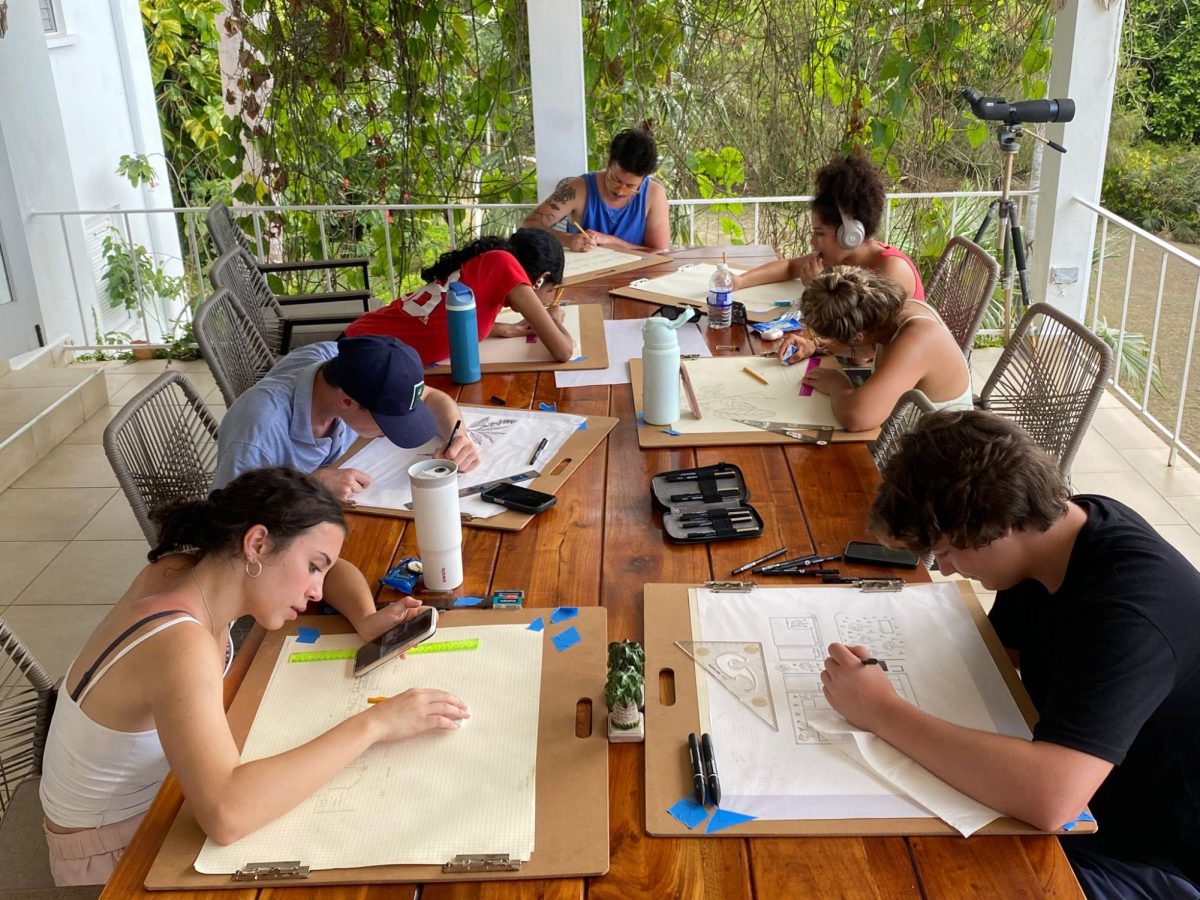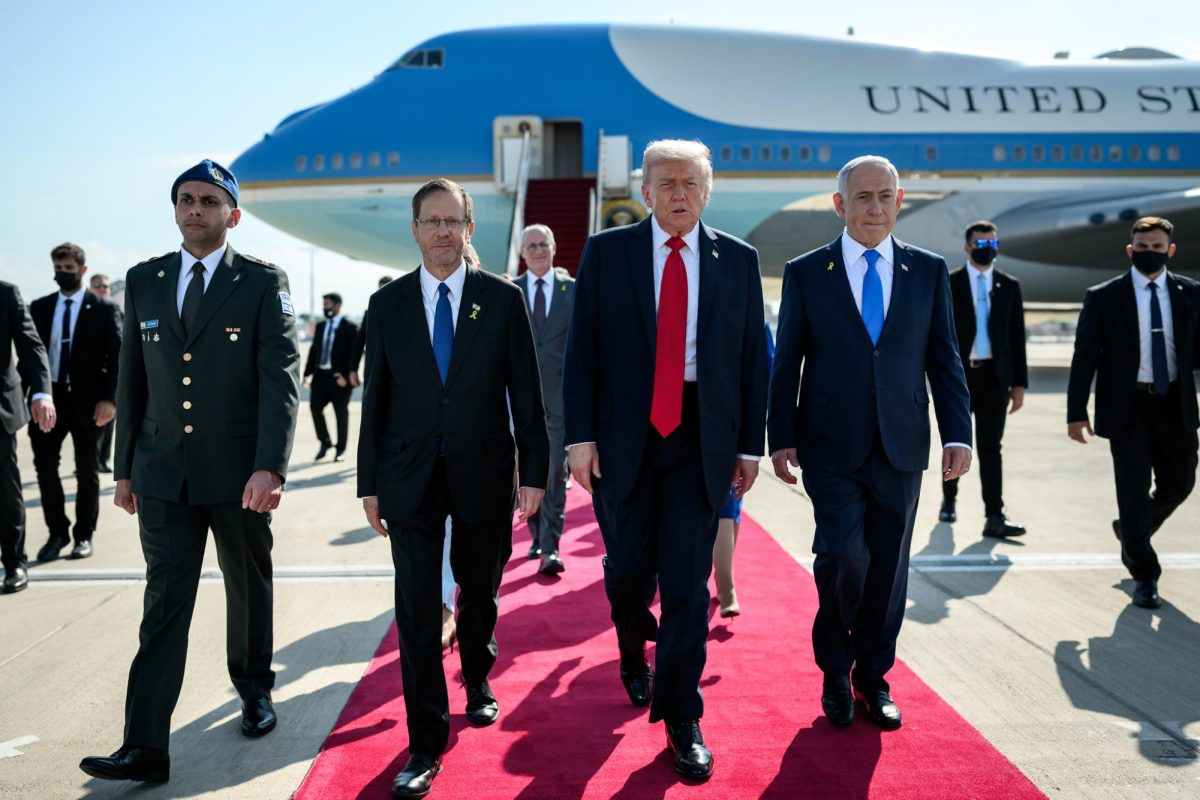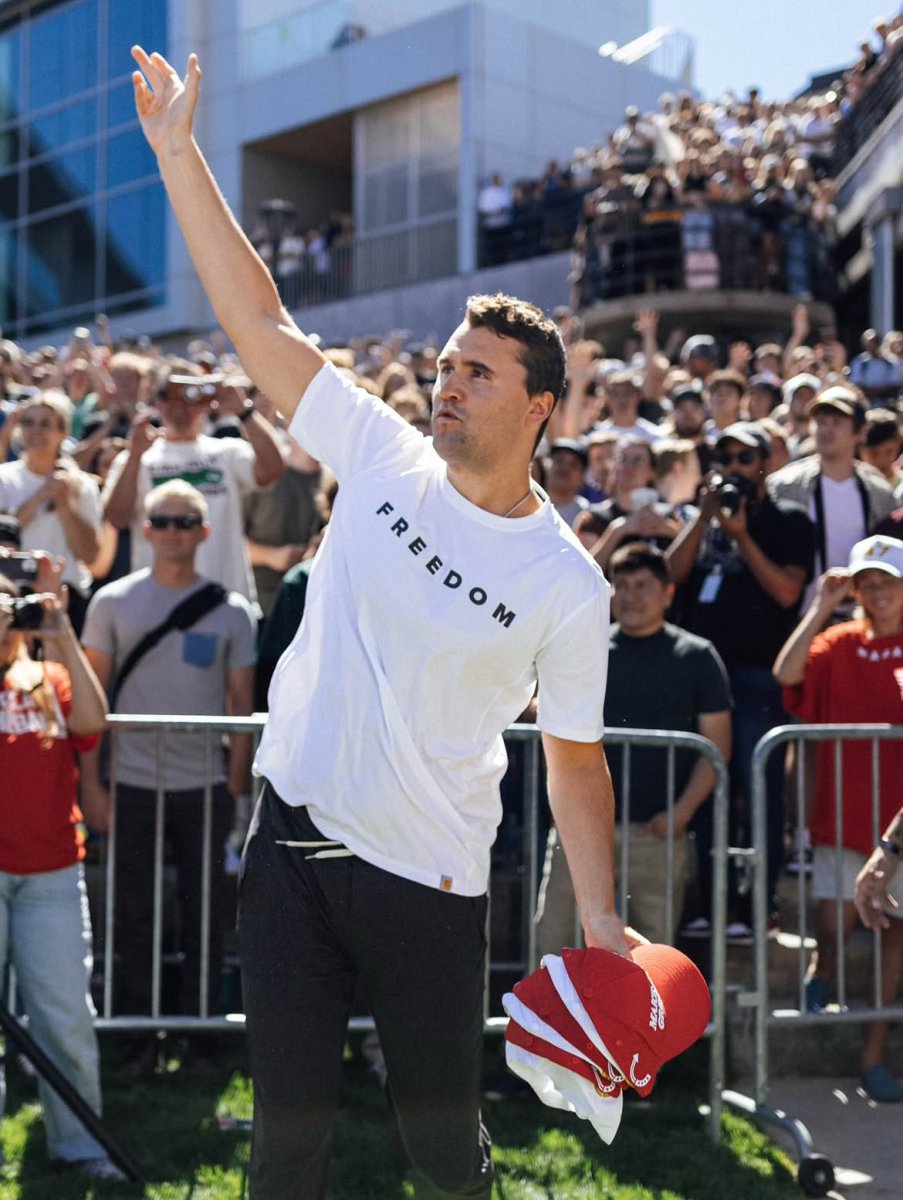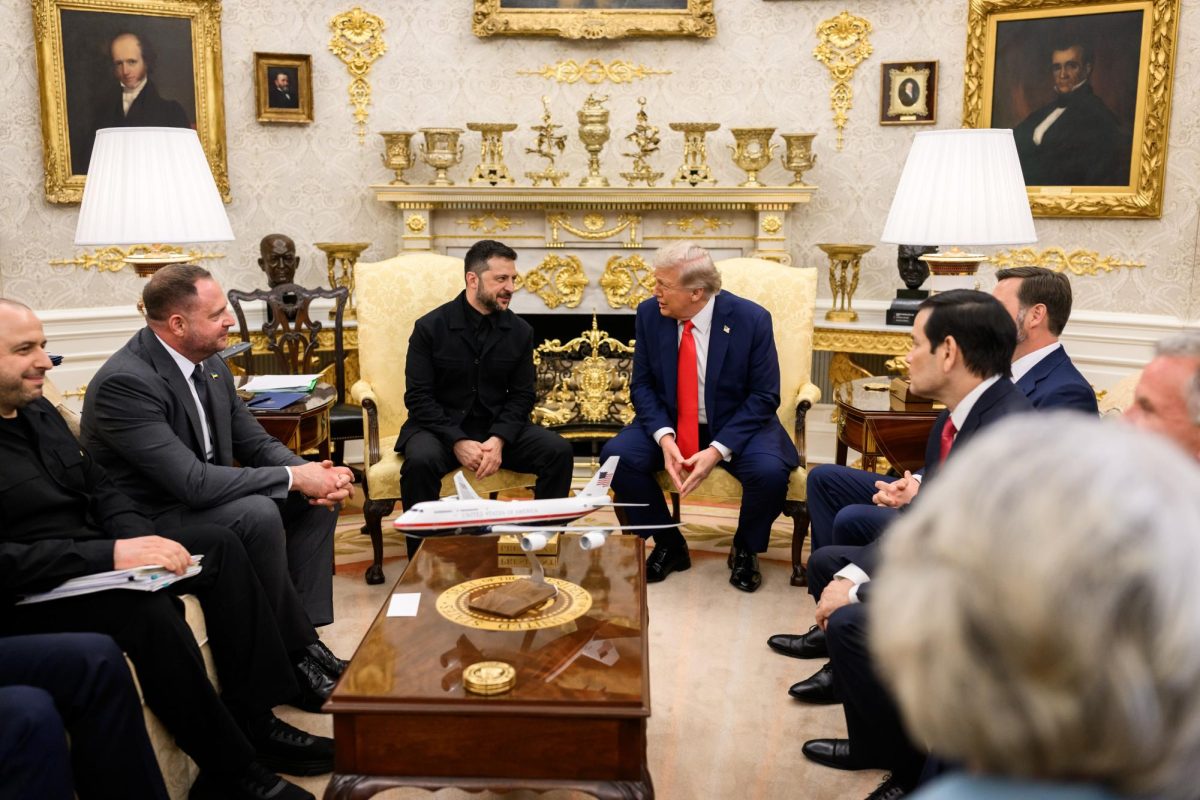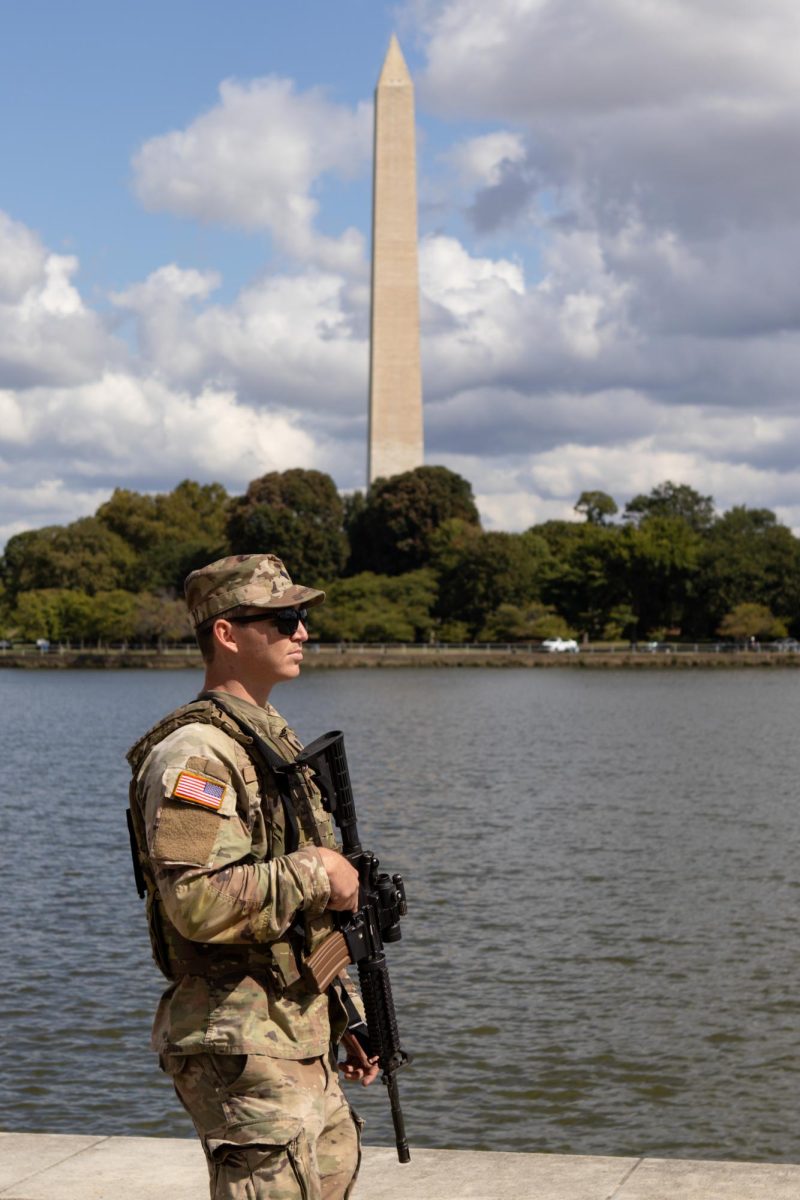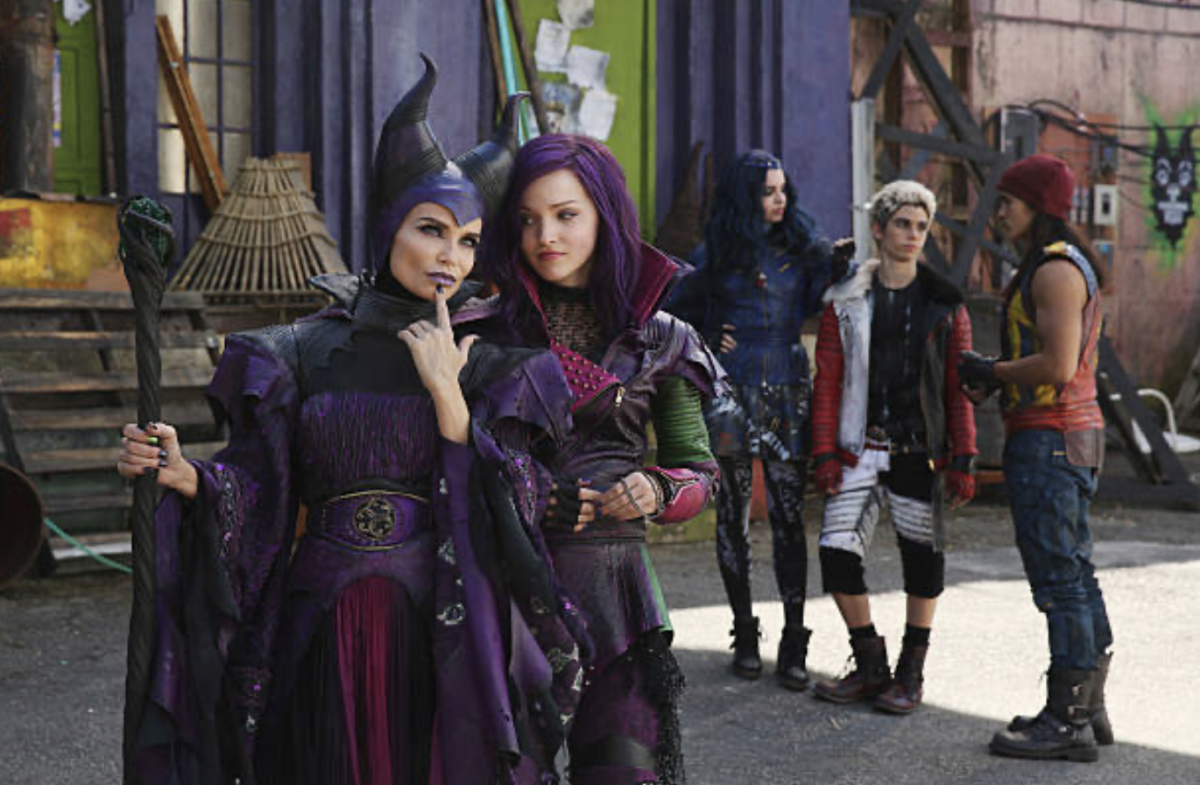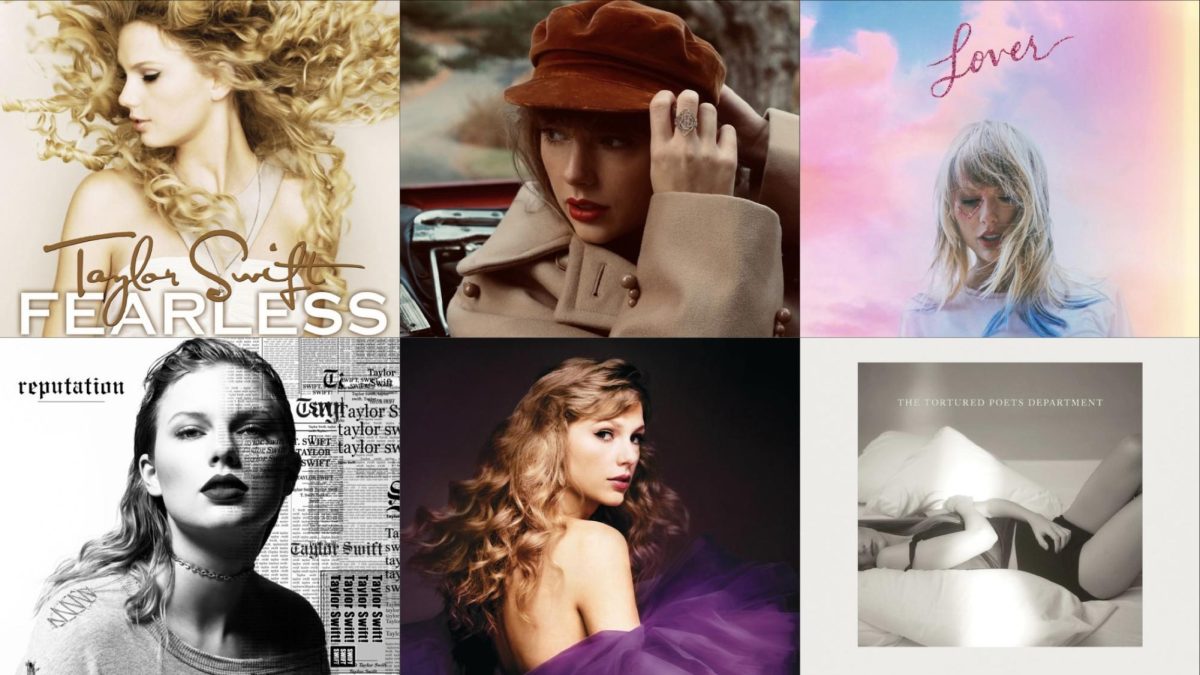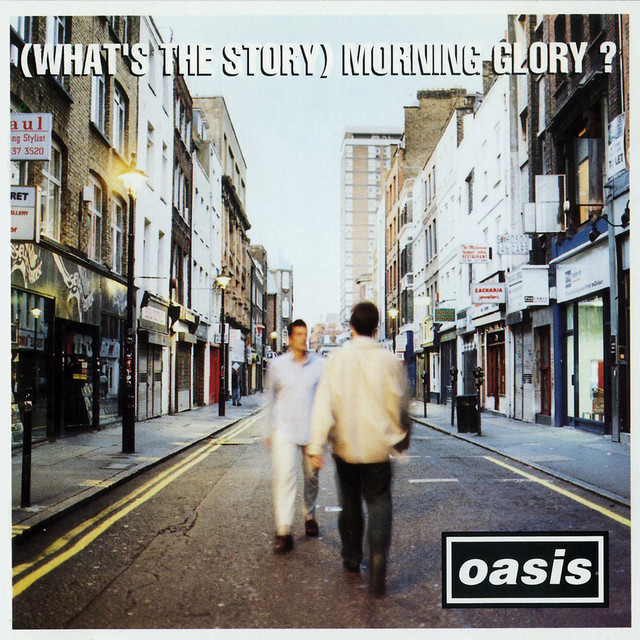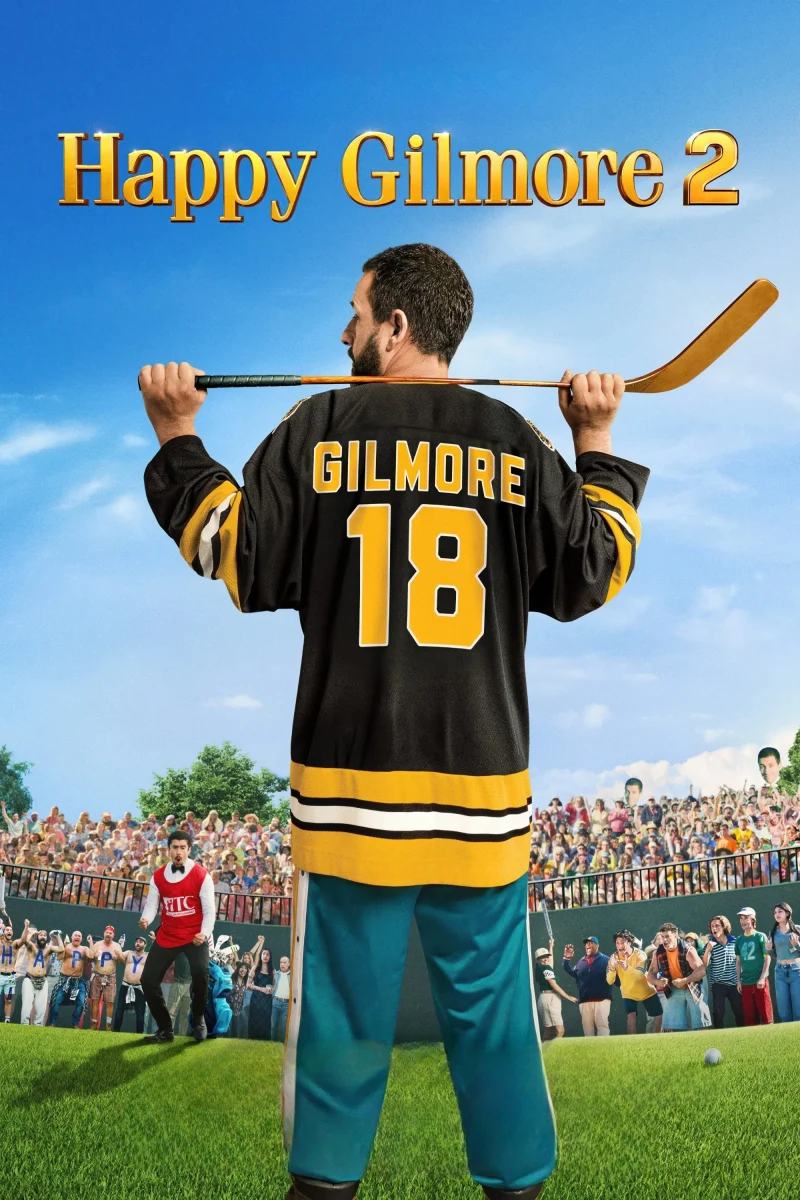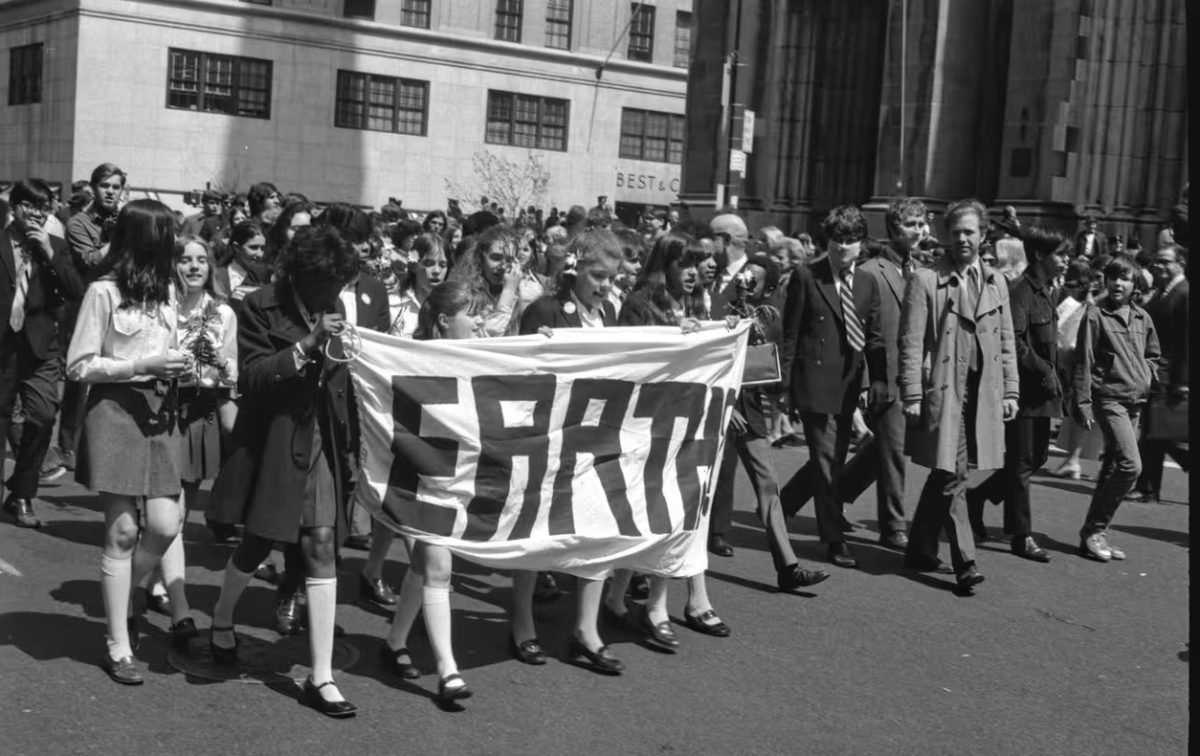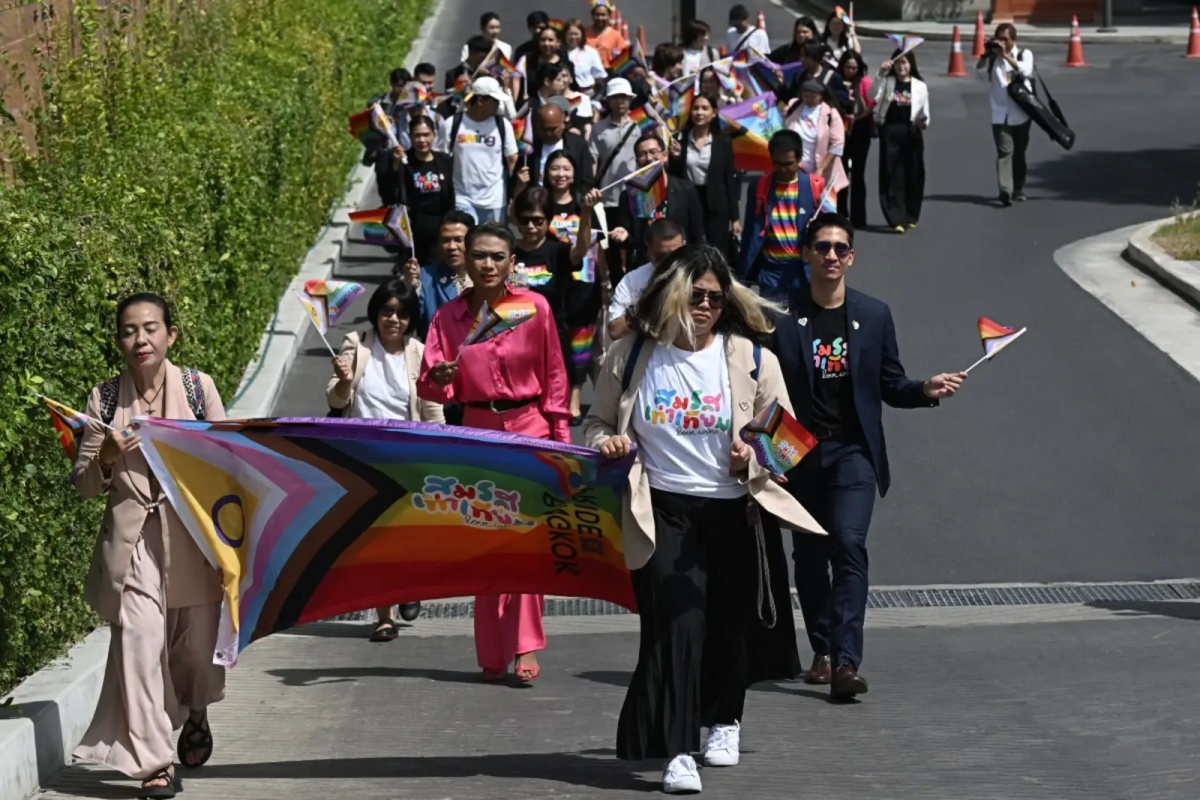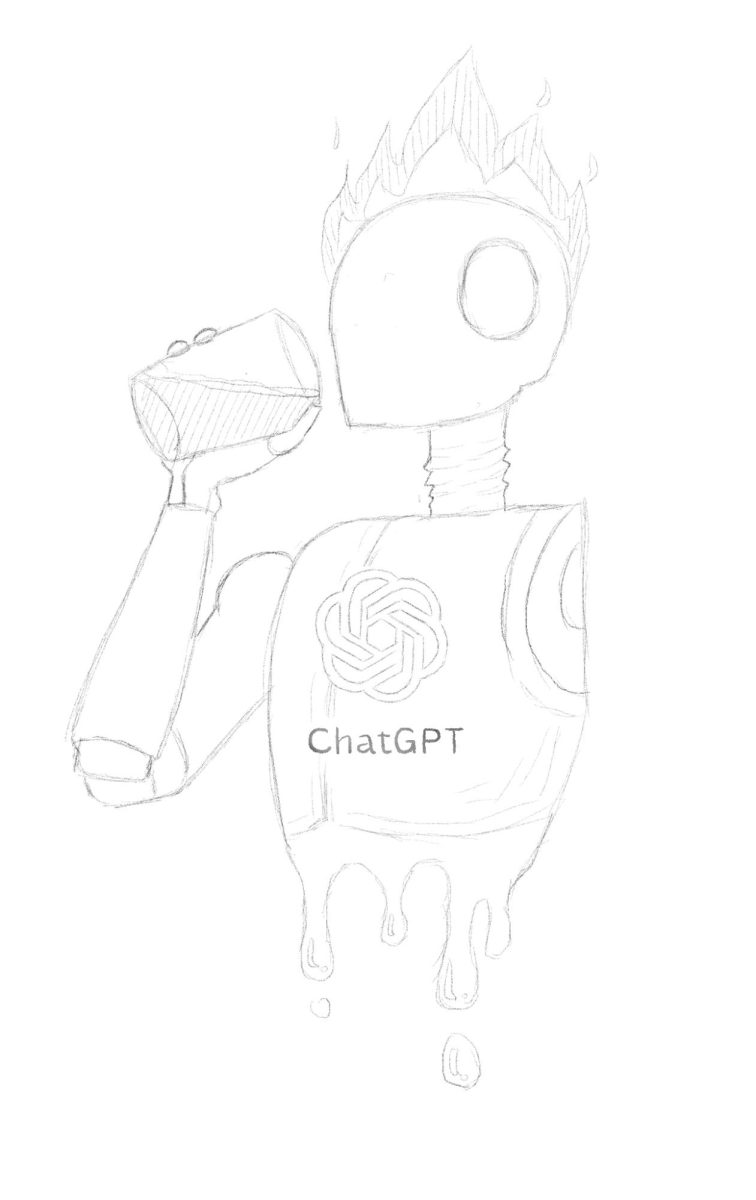The Intent, Impact, and Future of Critical Race Theory
December 7, 2022
Critical Race Theory has served as one of the most polarizing issues in our nation’s politics for the past few years. Having been banned in eight states and being a constant source of political debate, one would expect there to be a basic and uniform understanding of what Critical Race Theory is.
Critical Race Theory was originally developed by Black, Hispanic, and Asian legal scholars in the 1970s, seeking to understand how society constructs and institutional racism perpetuates the racism and inequality facing people of color despite the recent victories of the civil rights movement.
Over time, the definition and usage of Critical Race Theory has evolved, becoming more difficult to grasp a singular explanation of what it is.
Columbia Law school professor, Kendall Thomas explained what Critical Race Theory has evolved into during an interview with the Washington Post. He said, “It is a set of approaches to understanding our present American society, that looks at how racial unfairness has been woven into our institutions.”
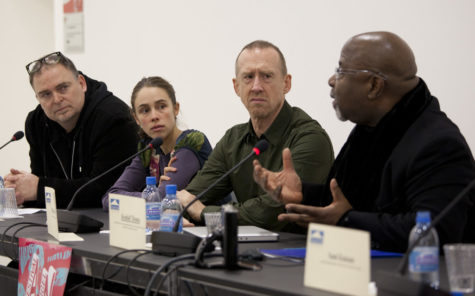
Florida Governor Rob DeSantis has fought against Critical Race Theory under the slogan,“Freedom from Indoctrination” believing that Critical Race Theory is being used to indoctrinate children towards, “the far-left woke agenda.” After passing legislation to ban the use of Critical Race Theory in K12 schools in Florida he described it to WPTV local Florida News as, “A pernicious ideology…that teaches kids how to hate our country or to hate each other.”
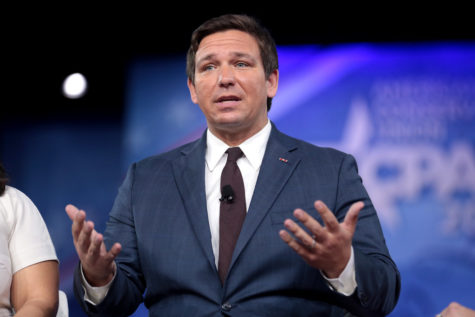
It is important to understand that Critical Race Theory is not commonplace outside of higher education, and its usage and introduction is often through different methods of inclusive education.
However, He continued and said on WPTV local Florida News, “We will not tell some kindergarteners that they are an oppressor based on their race and what may have happened 100 or 200 years ago.” This comment is in line with others that are made presuming that Critical Race Theory is the practice of demonizing White Americans.
What is dangerous about the removal of Critical Race Theory is that its definition is being stretched to encompass other important aspects of Diversity, Equity, and Inclusion (DEI). The imposed legislation in the states of Idaho, Oklahoma, Tennessee, Texas, Iowa, New Hampshire, South Carolina, and North Dakota has stripped away the ability to teach America’s history of oppression, have conversations on implicit bias or privilege, and even spread to encompass conversations on gender. Under the movements against Critical Race Theory, these ideas that are related but not involved have been targeted as well.
History and Social Science teacher, Ackim Mpofu, mentioned just how easy it is to generalize the concepts of Critical Race Theory with other fields of social work. He said, “A lot of people when they think of CRT they think it’s like diversity and inclusion training because they are intertwined”
Mpofu also provided his definition of Critical Race Theory, “ It acknowledges that race, as a social construct, has played a large role in perpetuating an inequitable system in the United States– Whether that’s in the prison system, the education system, or the justice system. It is also a changing (evolving) term that works to acknowledge the racially intertwined past in this country”
English teacher, Jamal English, explained how he uses pieces of Critical Race Theory in his classroom. Saying, “I ask students to see through the lenses of the characters or people that are often from the margins, as a protagonist or the center point.”
Mpofu also provided a strategy to incorporate aspects of Critical Race Theory. It is to simply ask students, “Would you want to be a Black in America?” with the goal that the question will force students to empathize and no longer ignore issues that can be avoided with privilege.
One of the most confusing parts of arguments based on Critical Race Theory are the false connotations around the topic. Despite its goal of incorporating the influence of a history of extreme racial seclusion, Critical Race Theory is often described by its critics as a hate-spewing, anti-American tool.
However, English explained how these arguments are more dangerous than simply being against an academic ideology. English said, “Arguments against Critical Race Theory are often wolves in sheep’s clothing… they are actually often pro-Replacement Theory arguments.”
The Great Replacement Theory, also known as White Replacement Theory or simply Replacement Theory, is a conspiracy that there is a gradual change in the racial mix of America. Many radical, White-supremest, or Anti-semitic groups fear that an increase of other racial groups or immigrants will diminish the influence of White Americans. This ideology has a long history in America having been used to argue against social changes from emancipation and suffrage, immigration and border policy.
As critics, like Rob DeSantis, who have made grounds for removing what he describes as Critical Race Theory continue their fight against it, the threat of the banning spreading looms. Over 20 additional states from the 8 that have banned it have begun introducing similar legislation. The banning of Critical Race Theory forced education to be restructured from its current form.
English explained how detrimental a Critical Race Theory ban could be, saying, “Banning what could be considered Critical Race Theory would make teaching as a literary scholar difficult. As educators, we have theories of literary analysis, we have Queer Theory, we have Psycho-Analytic Theory, we have Feminist Theory, we have Post-Modern Theory, we have African-American Literary Theory–what Critical Race Theory is being demonized for is really pieces of all of those, and more.”
Mpofu said, “If things are going to change it starts with acknowledging, and that is the goal of CRT.” While parts of this nation work to avoid aspects of its violent and oppressive history, it is important to emphasize the importance of teaching history in its full context.
To conclude, English summarized the issue, saying,” It’s just one of many lenses, and anything that doesn’t want to look through different lenses isn’t education.”


